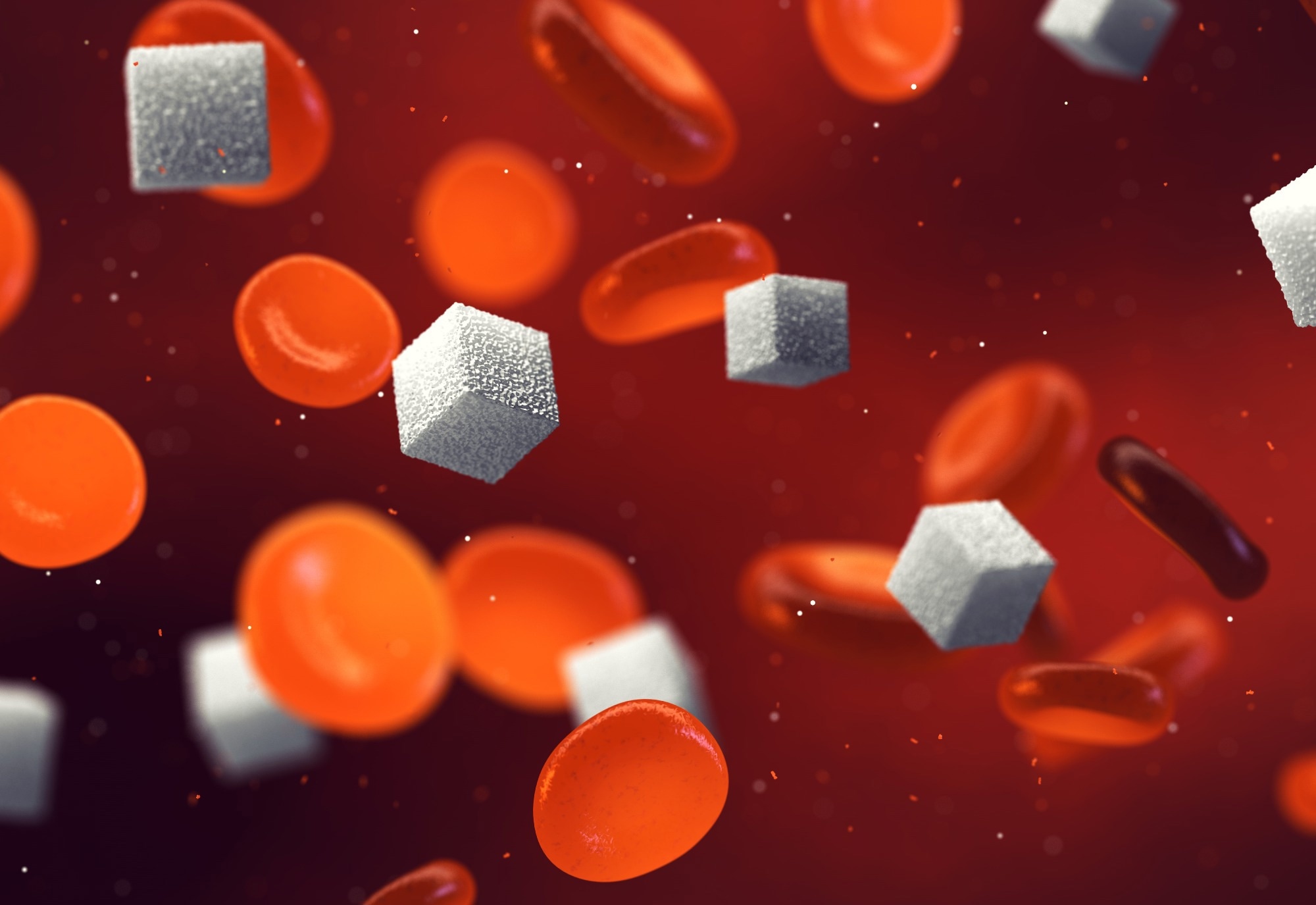In a recent cross-sectional study published in the journal Nutrition, Metabolism and Cardiovascular Diseases, researchers in Germany assessed the dietary pattern adherence among different diabetes endotypes and their associations with cardiovascular risk factors, kidney function, and neuropathy. They found minor differences in adherence and associations with complications across diabetes endotypes, suggesting insufficient evidence for endotype-specific dietary recommendations.
 Study: Association of dietary patterns with diabetes-related comorbidities varies among diabetes endotypes. Image Credit: nobeastsofierce / Shutterstock
Study: Association of dietary patterns with diabetes-related comorbidities varies among diabetes endotypes. Image Credit: nobeastsofierce / Shutterstock
Background
People with diabetes face increased morbidity and mortality due to complications like kidney disease, cardiovascular disease, and neuropathy. Dietary interventions, such as the Mediterranean diet, dietary approaches to stop hypertension (DASH), and plant-based diets, are recommended to manage these risks. While the Mediterranean and DASH diets have shown benefits in blood pressure and lipids for type 2 diabetes (T2D) patients, evidence for plant-based diets is still emerging. However, studies on their impact on kidney function and neuropathy are limited and conflicting. Research on dietary patterns has focused on T1D and T2D, overlooking potential differences among diabetes endotypes, which vary in complication risk.
To address this gap, researchers in the present study examined the adherence to specific diets and their associations with cardiovascular risk factors, kidney function, and neuropathy across five diabetes endotypes: severe autoimmune diabetes (SAID), severe insulin-resistant diabetes (SIRD), severe insulin-deficient diabetes (SIDD), mild obesity-related diabetes (MOD), and mild age-related diabetes (MARD).
About the study
In this study, 765 individuals from the German Diabetes Study (GDS) were included based on a diagnosis of diabetes according to the American Diabetes Association criteria. The mean age of the participants was 48.7 years, and 62.1% were male. They were enrolled between 2012 and 2021, either with a known disease duration of less than 12 months at baseline or having participated in the 5-year follow-up and provided data from a food frequency questionnaire (FFQ).
Participants underwent the same examination at both time points, ensuring comparability. Participants reported their usual consumption patterns of 148 food items over the previous 12 months. Nutrient and food group intakes and mean total daily energy were calculated using the German Food Code and Nutrient Database. Additionally, specific variables necessary for allocation into diabetes endotypes were collected, including BMI (body mass index), HOMA2-B (homeostatic model assessment), HOMA2-IR (HOMA2- insulin resistance), HbA1c (glycated hemoglobin), and GADA (glutamic acid decarboxylase antibodies) levels. Outcome variables related to cardiovascular risk factors, kidney function, and neuropathy were assessed, along with covariates such as age, sex, smoking status, educational level, and medication (glucose-lowering, lipid-lowering, antihypertensive) use.
Analyses included assignment of diabetes endotypes, comparison of dietary pattern adherence, assessment of associations with outcome variables, interaction analyses using multivariable linear and logistic regression, and sensitivity analysis.
Results and discussion
Of the total participants, 35.3% showed the SAID endotype, 2.4% showed SIDD, 5.4% showed SIRD, 27.6% showed MOD, and 29.2% showed the MARD endotype. Dietary intake varied among diabetes endotypes, with differences in food group consumption frequencies observed, including higher meat and dairy intake in SAID and increased consumption of red and processed meat in MOD. Differences in dietary pattern adherence were observed among diabetes endotypes, particularly in adherence to the healthful plant-based diet index (hPDI), with SIDD and MOD showing the lowest adherence and MARD showing the highest. Results were consistent when considering only newly diagnosed individuals or those with plausible total daily energy intake.
Dietary pattern adherence showed varied associations with cardiovascular risk factors and neuropathy-related outcomes across different diabetes endotypes. Notably, the hPDI was inversely associated with low-density lipoprotein and total cholesterol among people with SAID. Among those with SIRD, closer adherence to the hPDI was associated with lower diastolic blood pressure. Additionally, adherence to multiple dietary patterns was found to be inversely related to high-sensitivity C-reactive protein concentrations among individuals with MARD. Furthermore, closer adherence to specific dietary patterns was associated with lower odds of peripheral neuropathy and cardiovascular autonomic neuropathy in specific endotypes, such as MARD and SAID.
Overall, the study benefits from detailed phenotyping and comprehensive derivation of dietary patterns, considering the synergistic effects of individual nutrients and foods. However, the study's recruitment strategy may limit generalizability, with the underrepresentation of certain diabetes endotypes. Additionally, reliance on self-reported dietary intake and potential confounding by lifestyle factors may affect the results, and alternative diabetes classification methods may yield different outcomes.
Conclusion
In conclusion, the researchers could identify slight variations in dietary patterns among different diabetes endotypes, suggesting healthier diets in individuals with MARD and less healthful diets in those with SIDD and MOD. Moreover, associations between adherence to dietary patterns and diabetes-related outcomes varied across the endotypes. In the future, longitudinal studies and randomized controlled trials could aid the comprehensive assessment of the relationship between nutrition and diabetes-related complications within these endotypes. This will help determine the utility of the chosen diabetes reclassification approach in identifying groups that may benefit from tailored nutritional interventions.